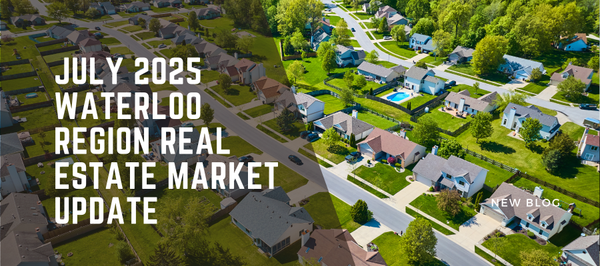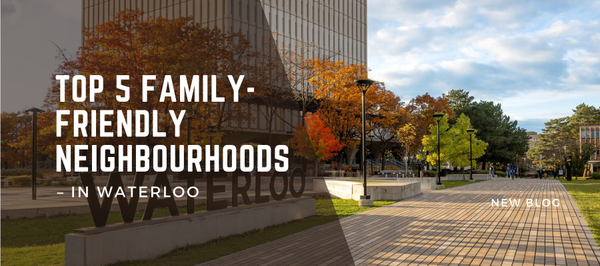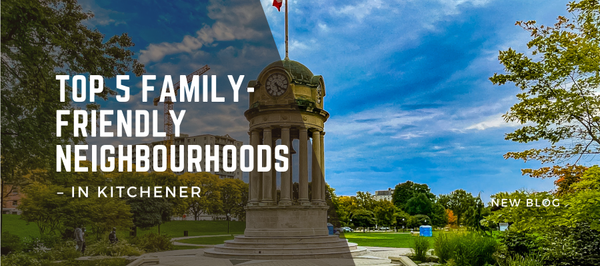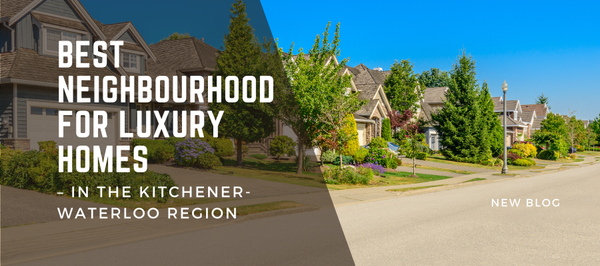How to Maximize Your Budget When Buying a New Home

Whether you're a first-time buyer or moving into a larger property, maximizing your budget can make all the difference in securing your dream home. The real estate market can be daunting, but with strategic planning and informed decisions, you can stretch your dollars further and achieve greater value. Here are some practical tips to help you maximize your budget when buying a new home.
1. Understand Your Financial Situation
Before diving into the home-buying process, take a comprehensive look at your finances. Calculate your total savings, assess your credit score, and determine how much you can afford for a down payment and monthly mortgage payments. Use online calculators to estimate additional costs such as property taxes, insurance, and maintenance. Having a clear financial picture will help you set realistic expectations and avoid overstretching your budget.
2. Get Pre-Approved for a Mortgage
Obtaining pre-approval from a lender not only gives you a clear idea of how much you can borrow but also positions you as a serious buyer in the eyes of sellers. Pre-approval can expedite the buying process and provide leverage during negotiations. Shop around for mortgage rates and terms from different lenders to ensure you're getting the best deal possible.
3. Prioritize Your Needs vs. Wants
Make a list of must-have features versus nice-to-have amenities in your new home. Prioritizing essentials such as location, number of bedrooms, and proximity to schools or work will help you focus on properties that meet your primary needs without overspending on non-essential luxuries.
4. Consider New Construction Homes
Investing in new construction homes can offer several financial advantages. Builders often provide incentives such as closing cost assistance or upgrades at no extra charge to attract buyers. Additionally, new homes come with modern energy-efficient features that can reduce utility bills over time. Research various builders and developments in your desired area to find the best deals.
5. Explore Different Neighborhoods
Broaden your search to include emerging neighborhoods or areas slightly outside prime locations. These regions often offer more affordable housing options while still providing growth potential and community amenities. Keep an eye on local development plans that could enhance property values over time.
6. Negotiate Wisely
Don't be afraid to negotiate the price and terms of the sale. Conduct thorough market research to understand comparable property prices in the area, giving you leverage during negotiations. Be prepared to walk away if the deal doesn't meet your financial criteria—there are always other opportunities.
7. Factor in Future Growth Potential
When evaluating properties, consider their long-term investment potential. Look for signs of growth such as upcoming infrastructure projects, new businesses, or planned community enhancements that could increase property values over time. A home in an up-and-coming area might offer better returns on investment than one in a stagnant market.
Working with experienced real estate agents, financial advisors, and inspectors can provide valuable insights and guidance throughout the buying process. Professionals can help identify hidden costs, negotiate better deals, and ensure you're making informed decisions based on comprehensive market knowledge.
9. Plan for Additional Costs
Beyond the purchase price, account for additional expenses such as closing costs, moving fees, renovations, and furnishing your new home. Setting aside a contingency fund will prevent unexpected costs from straining your budget.
By following these strategies, you'll be well-equipped to maximize your budget when buying a new home—whether it's your first purchase or an upgrade to accommodate a growing family. Smart planning and informed decisions will pave the way for a financially sound investment that meets both your current needs and future aspirations.
Categories
Recent Posts










GET MORE INFORMATION

